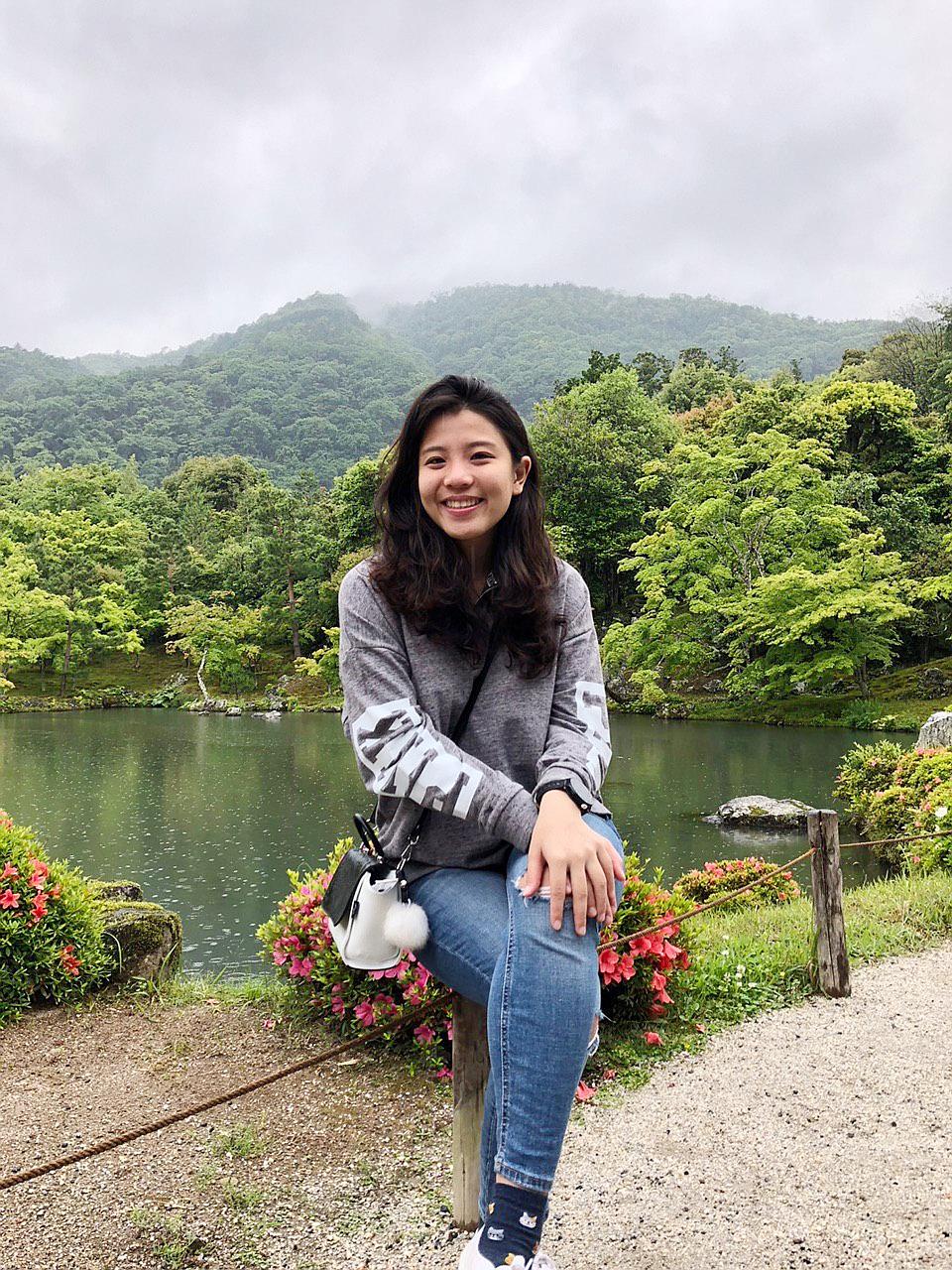700 paid R&D traineeship places created for fresh grads
Stints of up to a year will let them hone skills for employment when the economy picks up
Sign up now: Get ST's newsletters delivered to your inbox

Final-year Nanyang Technological University student Lynette Lua has applied for jobs in more than 60 firms, but has not secured a position yet. The 700 paid research and development traineeship positions have been created to help fresh university and polytechnic graduates in a similar situation.
PHOTO: COURTESY OF LYNETTE LUA
In the last three months, final-year mathematics and economics student Lynette Lua, 23, has applied for jobs in more than 60 companies.
Ms Lua, who is graduating from Nanyang Technological University (NTU) this year, said she got through to the final stages of interviews with at least two companies.
But they were eventually unable to hire her, citing reasons such as a last-minute reduction in headcount in the light of the Covid-19 pandemic.
To help fresh university and polytechnic graduates in a similar situation, 700 paid research and development (R&D) traineeship positions have been created to prepare them for employment when the economy picks up.
They can apply for these positions through the local universities, research institutes under the Agency for Science, Technology and Research, AI Singapore and start-ups under SGInnovate, where they will work closely with companies and hone skills to solve problems or develop new products and services.
The research traineeships are supported by Workforce Singapore and the National Research Foundation (NRF).
NRF chief executive Low Teck Seng said graduates can "apply their technical knowledge to acquire industry-relevant research skills, and also develop soft skills and an entrepreneurial spirit, which better prepares them for high-technology roles when the economy recovers".
"This is part of our effort to maintain our long-term competitiveness as a science and technology hub - by investing in our young and maintaining a strong core of talent ready to leverage opportunities in the technology and innovation sector," he added.
These 700 R&D places are part of the SGUnited Traineeships programme previously announced by the Government, where up to 8,000 positions were promised for the graduates, as well as those from the Institute of Technical Education.
These stints will last up to 12 months, with trainees receiving a monthly allowance, which will vary depending on the scope of the traineeship and skills required.
Ms Lua said: "If this was a 'normal' year, I think I could have got pretty decent opportunities.
"Smaller companies or start-ups are quite reluctant to hire now because they are not sure what will happen with regard to Covid-19. When even the larger MNCs (multinational corporations) started to reduce headcount and revoke some roles, I started feeling anxious."
With a basic grasp of data analytics and coding which she learnt in school, Ms Lua is interested in exploring positions offered by companies under SGInnovate's summation programme, which looks at deep technology projects in fields such as artificial intelligence and cyber security.
One such company is SpeQtral, which specialises in quantum technology for satellite-based communication systems.
Its co-founder and chief executive Lum Chune Yang told The Straits Times that trainees can expect hands-on work on quantum hardware development that would be deployed on board satellites.
Graduates with physics, engineering or computer science backgrounds are preferred, although "candidates outside these disciplines with appropriate technical aptitude would also be considered".
"The apprenticeship would ideally put the candidates in an exciting and challenging environment, working on some of the most complex technical problems at the cutting edge of technology, giving them the confidence to tackle similar hard challenges in their future career," said Mr Lum.
Research institutes in NTU and the National University of Singapore (NUS) are also on board the traineeship programme.
Professor Lim Chwee Teck, director of NUS' Institute for Health Innovation and Technology, said trainees will be involved in projects related to designing molecular devices or tools for disease detection and diagnosis, as well as clinical experiments.
"The training will give our candidates a good head start in the job market, with these valuable and critical experiences," he said.


